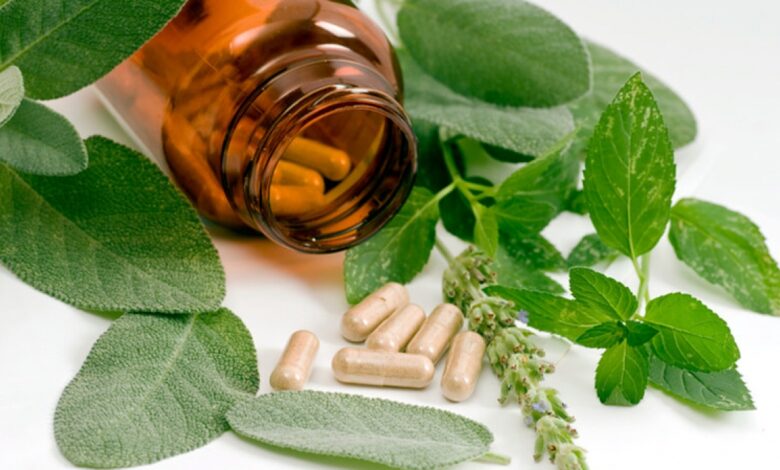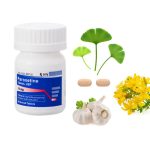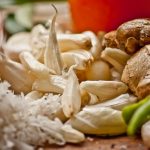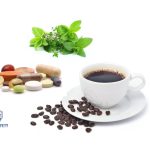Do Herbal Supplements Have Side Effects?

Herbal supplements also known as botanical products, or phytomedicines are products made from botanicals or plants that are used to treat diseases or to maintain health. Many prescription drugs and over-the-counter medicines are also made from plant products, but these products contain only purified ingredients and are regulated by the FDA. Herbal supplements may contain entire plants or plant parts.
Herbal supplements come in all forms: dried, chopped, powdered, capsule, or liquid, and can be used in various ways, including:
- Swallowed as pills, powders, or tinctures
- Brewed as tea
- Applied to the skin as gels, lotions, or creams
- Added to bath water
The practice of using herbal supplements dates back thousands of years. Today, the use of herbal supplements is common among American consumers. However, they are not for everyone. Because they are not subject to close scrutiny by the FDA or other governing agencies, the use of herbal supplements remains controversial. It is best to consult your doctor about any symptoms or conditions you have and to discuss the use of herbal supplements.
Do herbal supplements have side effects?
Yes, herbal supplements can have side effects because some medicinal plants can be toxic intrinsically or when taken in combination with other preparations. Many people believe that products labeled “natural” are always safe and good for them. This is not necessarily true. Herbal medicines do not have to go through the testing that drugs do. Some herbs, such as comfrey and ephedra, can cause serious harm and can interact with prescription or over-the-counter medicines.
Some herbal supplement that can interact with medications according to drugs .com include:
Black cohosh: a shrub-like plant found in North America. Black cohosh is often used for menopausal disorders (“hot flashes”), painful menstruation, uterine spasms, and vaginitis. However, prescription drugs broken down by certain liver enzymes may accumulate in the body and lead to toxicity if used with black cohosh. There is concern that black cohosh might also be toxic to the liver and may enhance liver toxicity with certain medications such as: atorvastatin (Lipitor), acetaminophen (Tylenol) and alcohol
CoenzymeQ10: also known as ubiquinone or CoQ10, is found naturally in the heart, kidney, liver and pancrease, but aging and smoking can deplete these natural stores. CoQ10 is promoted to help heart damage caused by certain cancer medicines and for breast cancer, gum disease, or muscular dystrophy, although robust studies confirming these uses are lacking. However, use of CoQ10 with anticoagulant drugs like warfarin may decrease the blood thinning effects of the anticoagulant and increase the risk for a clot.
Cranberries: are a fruit chock full of vitamin C, and some people drink cranberry juice to help prevent urinary tract infections (UTI). Cranberry may exert an increased effect on blood thinners (anticoagulants) like warfarin and lead to bruising or bleeding. If you take an oral blood thinner, check with your doctor before consuming unusual amounts of cranberry or cranberry juice. You may need to have your International Normalized Ratio (INR) or other blood clotting lab test checked more frequently.
Echinacea: also known as the American Cone Flower, Black Susan, or Purple Coneflower. Echinacea has been used to stimulate the immune system, and is most commonly used in the treatment of the common cold. Most echinacea drug interactions are not serious; however, it can affect blood levels of drugs like tizanidine (Zanaflex), a muscle relaxant or rasagiline (Azilect) used in Parkinspn’s disease. Echinacea can slow the breakdown (metabolism) of caffeine in your body, and could lead to side effects like jitteriness, headache, or insomnia. Echinacea may also change how the body metabolizes many drugs that go through the liver.
St. John’s Wort: a popular herbal supplement widely used to help with symptoms of depression. Over 500 drug interactions exist with St. John’s Wort and some can be dangerous. Due to the seriousness of many drug interactions, you should consult with your health care provider before using St. John’s Wort.
A sampling of drugs you should not combine with St. John’s Wort includes:
- selective serotonin reuptake inhibitors (SSRIs)
- tricyclic antidepressants (TCAs)
- monoamine oxidase (MAO) Inhibitors
- nefazodone
- triptans for migraine
- warfarin
- birth control pills or other estrogens
- certain HIV medications and Hepatitis C Virus (HCV) drug treatments
If you are thinking about using an herbal medicine, first get information on it from reliable sources. Make sure to tell your health care provider about any herbal medicines you are taking.





